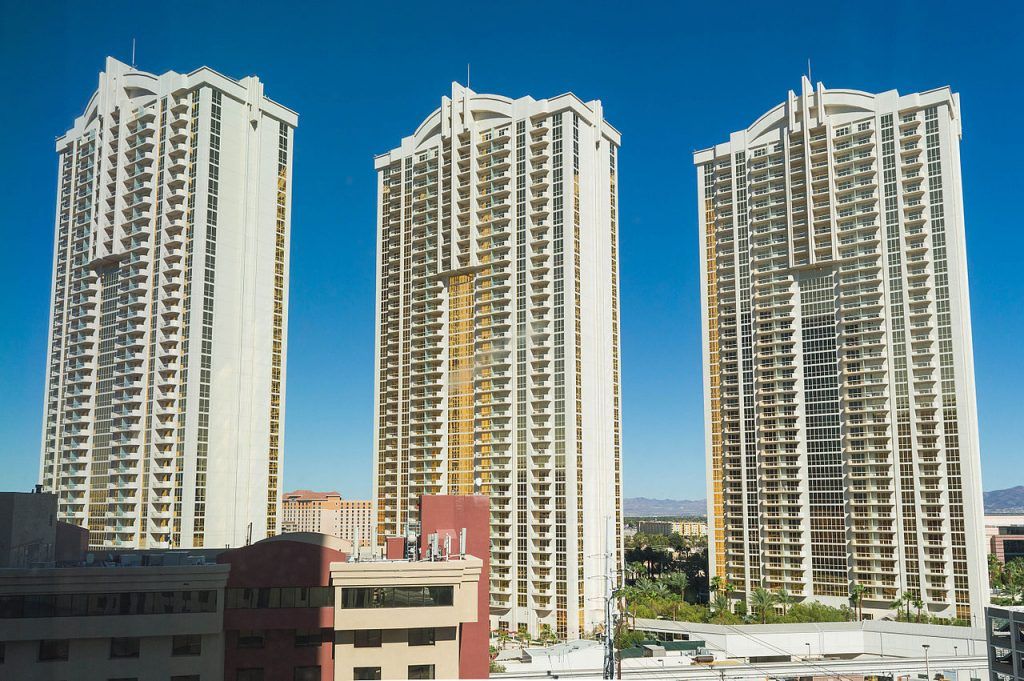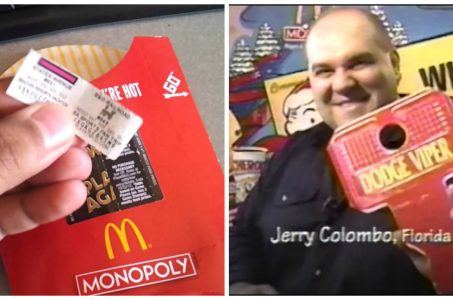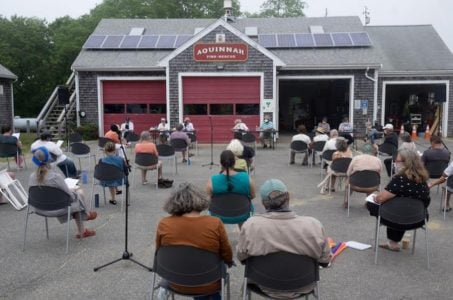Culinary Union Drops COVID-19 Lawsuit Against MGM as Arbitration Session Begins
Posted on: July 21, 2020, 07:13h.
Last updated on: July 22, 2020, 01:32h.
As expected, an expedited arbitration case began Tuesday between the Culinary Union and MGM Resorts International. That came one day after the labor organization filed a motion to voluntarily remove the Las Vegas-based gaming company from a federal lawsuit concerning protecting workers from COVID-19.

Last month, the union filed the suit against MGM and Caesars Entertainment claiming that several Las Vegas Strip casinos — The Signature at MGM Grand, the Bellagio, and Harrah’s — did not protect its members from a hazardous work environment after reopening earlier in the month.
In a statement Monday, the union said the arbitration hearing is a “first step,” and it will press MGM hard to take the actions needed to protect workers from contracting the coronavirus.
The lawsuit against Harrah’s will continue, however, and union leaders said they’re gathering statements from their members working in Vegas casinos on the Strip and downtown about “unsafe” working conditions.
The union represents about 60,000 workers in Las Vegas and Reno. Since the Nevada casinos started reopening on June 4, the union has seen nearly 40 of its members or their dependents hospitalized because of COVID-19.
MGM: Union Never Discussed Safety Concerns
While the Culinary Union claimed victory in the statement, MGM held a decidedly different point of view regarding the matter.
The Culinary Union filed a frivolous lawsuit asserting that we did not have adequate health and safety protocols,” the company said in a statement Tuesday to Casino.org. “They have now made a motion to dismiss their lawsuit after we challenged them in court. We hope that the Culinary Union will work collaboratively with us in the future when it comes to health and safety issues.”
When MGM filed its motion to dismiss or sever from Caesars earlier this month, the company noted that it brought in consultants to help them devise a COVID-19 safety plan based on the “best available” epidemiological studies.
The company presented the plan to union officials more than three weeks before its properties began reopening. While labor officials did not comment or criticize the plan, they did tell MGM they were pursuing standardized safety regulations across all casino properties.
MGM also accused the union of focusing more on economic issues than safety concerns in its talks with company leaders. The company said it did not learn of the union’s concerns until labor leaders issued a press release announcing the then-pending lawsuit.
“The Union raised concerns about scheduling, seniority, and recall. But its leadership never picked up the phone about the COVID-19 issues set forth in the Complaint,” MGM said in its motion.
Union Honors Fallen Worker
The union is continuing to press Nevada officials to consider the Adolfo Fernandez bill, named in honor of a Caesars Palace porter who died on June 26 after contracting the virus.
The legislation would require all Nevada casinos to clean hotel rooms daily, enforce social distancing guidelines, provide free testing for workers returning to the job or who have been exposed, conduct temperature checks, increase safety training for workers, and develop action plans for instances when workers contract the virus or have been exposed to it.
Nevada lawmakers just wrapped up a special session in Carson City to address a budget deficit, and while initially, Gov. Steve Sisolak (D) planned to call another session immediately afterward to deal with such issues as worker safety, he opted against that on Sunday. Instead, he announced he would hold off, given the current state of the COVID-19 emergency in Nevada.
The delay would also allow lawmakers to get with his staff to come to agreements on issues that he plans to bring up during the session.
Related News Articles
Most Popular
LOST VEGAS: The Foster Brooks Robot at MGM Grand
Bally’s Sets Date for Tropicana Las Vegas Implosion & Party
Most Commented
-
VEGAS MYTHS RE-BUSTED: You Don’t Have to Pay Resort Fees
— August 2, 2024 — 16 Comments -
VEGAS MYTHS RE-BUSTED: Elvis Was a Straight-Up Racist
— August 9, 2024 — 11 Comments -
ANTI-SOCIAL BEHAVIOR: Vegas Casino Buffet Stunt in Poor Taste Goes Viral
— August 16, 2024 — 7 Comments -
VEGAS MYTHS RE-BUSTED: The Strip Tried Appealing to Families and Failed
— August 23, 2024 — 7 Comments
















No comments yet